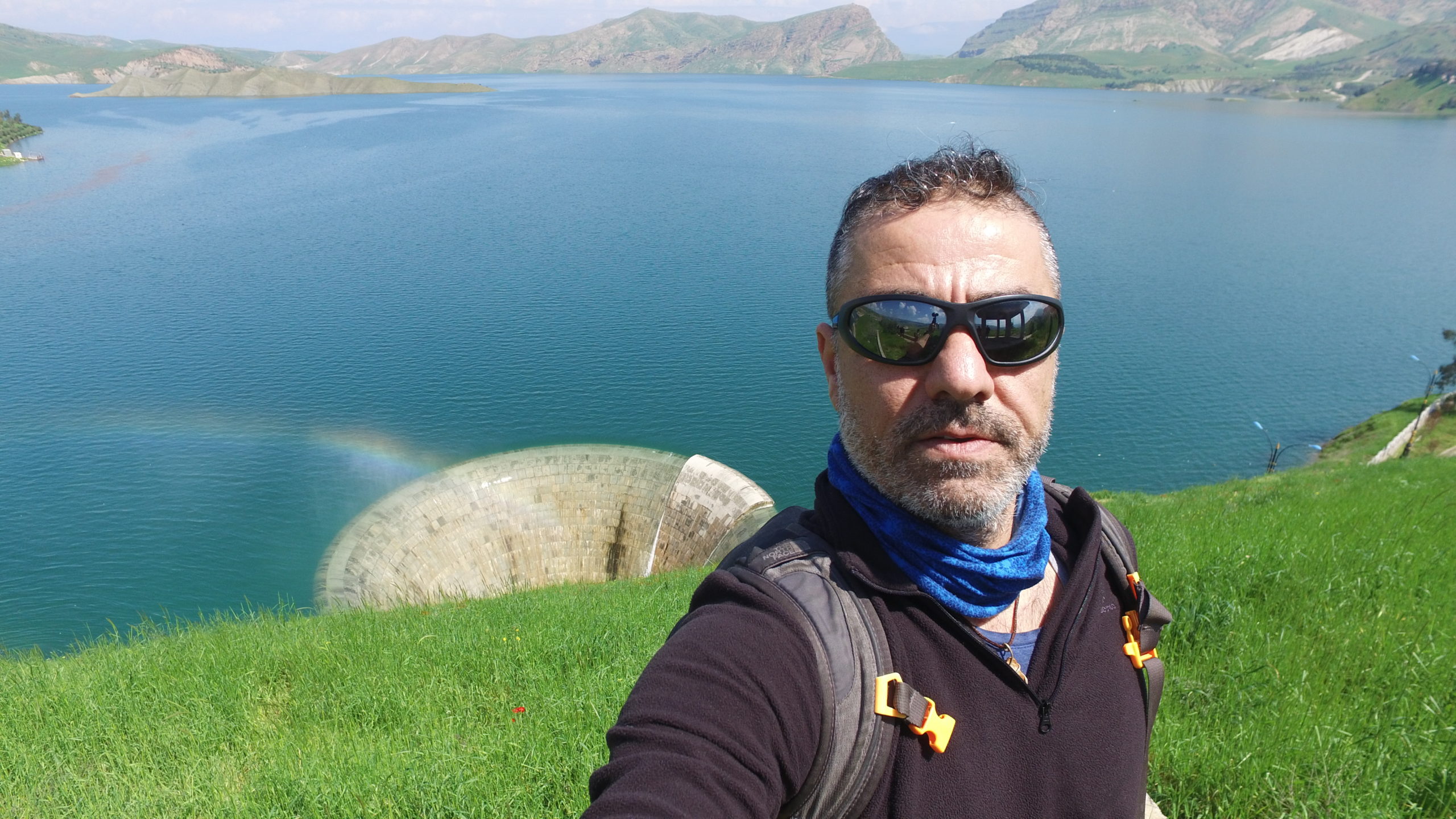First Person: Nabil Musa, Iraq Upper Tigris Waterkeeper
By: ajcarapella

As told to Ellen Simon, staff writer at Waterkeeper Alliance
War here has destroyed lives; it also destroyed so much of our infrastructure — both the infrastructure from nature and from humans.
This nation and other nations marshaled so many people and so much equipment to wage war here; in the aftermath, we’ve been left to fend for ourselves. If war took all the effort of building a rocket to send to the moon, the effort of the cleanup and rebuilding has been like a paper airplane.
Most of our sewage treatment plants were destroyed by war; none have been rebuilt. The city of Mosul has had no services since 2014. There’s human waste on the streets there, but also war waste, with no garbage collection, no government effort to rebuild. The Mesopotamian Marshes, the largest marshland in the Middle East, were largely destroyed by Saddam Hussein, and are only now being restored.
When I think about pollution on the Tigris, I feel like I’m the hummingbird in the children’s tale who fights a forest fire by bringing drops of water. The elephant and the lion, they say, “You’re stupid.” But I’m doing what I can. And doing it helps me sleep better.

Where I live, we are in an awakening process. Because of our Waterkeeper programs in the region, I can see young people taking up the work. University students have been to my workshops, they’ve started their own environmental groups, they were at the swim I organized in the Tigris River. We inspired them.
I’ve worked hard to focus attention on conditions at the Sulaymaniyah City dump, which leaks into the Tanjaro River, a tributary of the Tigris. There’s an artist, Tara Abdulla, who’s led street protests in Sulaymaniyah City about conditions at the dump. People dressed as nine characters, with garbage pinned to the outside of their clothes. One was a newspaper; one was bottles; one was dirty diapers. Activism is risky here; people get arrested; people disappear. They risked their lives to do that. I was proud to join them.
Now the government is starting to clean up the dump; it’s building a recycling center.
There are many resources that are not renewable, but maybe activism is.